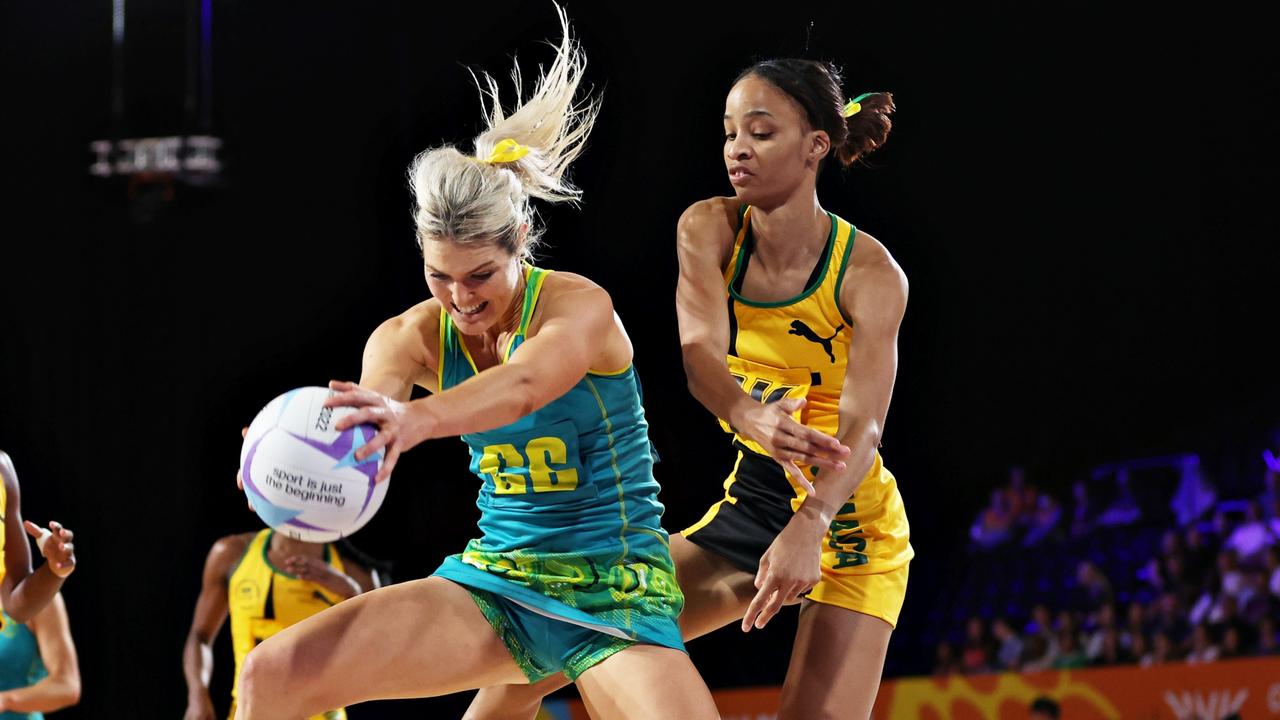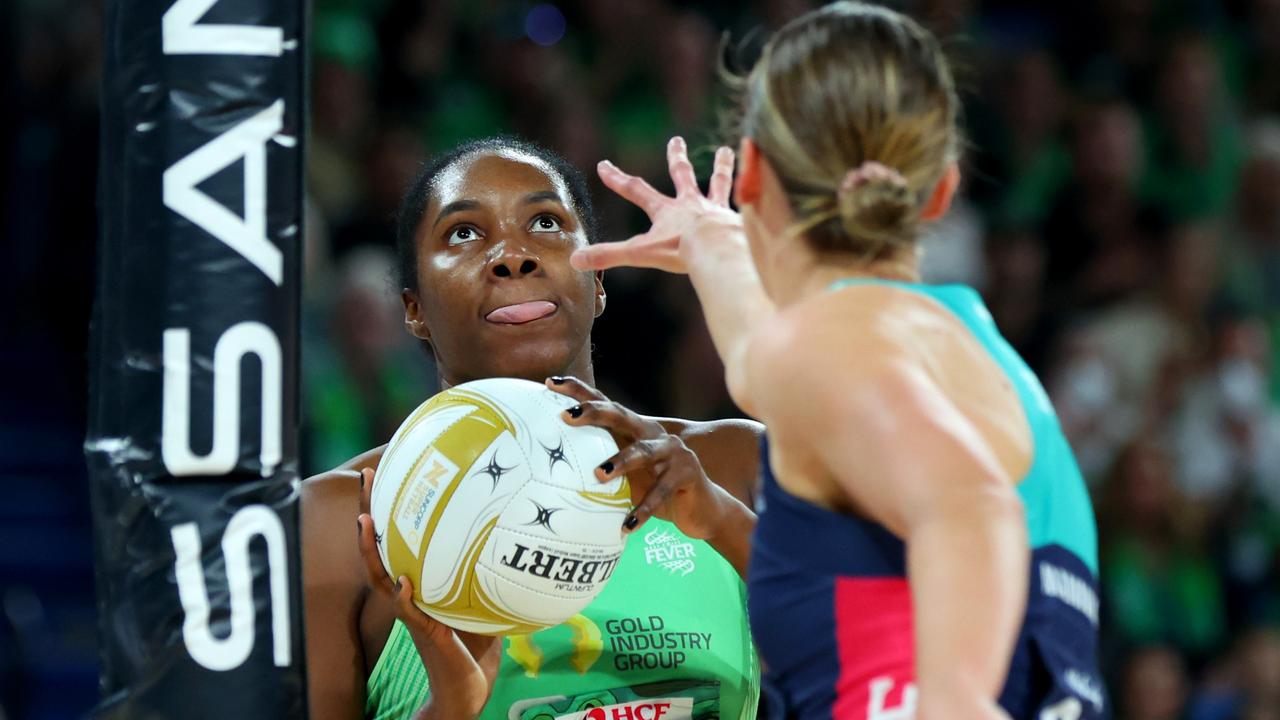Almost 80,000 men currently play netball (in Australia), which represents a growth of 28 per cent between 2016 and 2019.
There are about 300 men playing 3 or more chess weekenders or championship events per year in Australia. About 3 or 4 women play the same amount of events Australia wide.
Netball has 80,000 men playing in Australia.
CAQ and ACF AGMs need to get us off the Titanic and into mainstream Australian Sport Inc.
30 aging males per state is not a national sport. Its a punch line.
Get your dictionary out before the AGMs and look up “Business” and “Teams”.
Let’s develop a 5 year plan to get us above ground and working with the Australian Sports Business Community.
– Kerry Corker
Netball review says if more males play netball it will further `empower’ females
Australian netball’s State of the Game Review has found the need for more boys and men to play the sport at a formal level.
Australian netball must find ways for boys and men to take part in formal competition to strengthen its purpose of “empowering girls and women to shine”.
The challenge of further boosting male participants was among Netball Australia’s State of the Game Review findings, which made eight recommendations and stated the need for further diversity and inclusion in the sport.
The review, headed by Diamonds legend Liz Ellis, found that netball “could be a key competitor to cricket and the football codes for male participation without significant investment”.
Almost 80,000 men currently play netball, which represents a growth of 28 per cent between 2016 and 2019.
“There is already a significant cohort of men who play netball in competitions outside the Netball Australia and member organisation delivery networks,” the review said.
“Men participate in social and mixed netball competitions outside of the jurisdiction of Australian netball.
“There is an opportunity for Australian netball to bring these male participants into the sport and widen its opportunities for growth in all roles and as fans of the women’s game.
“Consideration should be given to delivering grassroots participation products and competitions for boys, men and mixed teams.”
The Australian netball system has today united in support for the eight strategic recommendations made by the independent State of the Game Review.
Full details – https://t.co/AsGCPcSVL5 pic.twitter.com/wplvqqOO6y
— Netball Australia (@NetballAust) December 9, 2020
Should this occur, it would “debunk out-of-date myths and stereotypes about the roles of men
and women that hold back all genders”.
“Boys and men who play, coach, umpire and administer the sport are, by way of their participation, supporting the importance of gender equality,” the review said.
“Greater participation of men and boys in netball supports the objective of gender equality in sport and the community, which is critical for the empowerment of women and girls.”
The female “empowerment” would also lead to netball being more than “just a sport”.
“Leveraging its history and expertise, the opportunity is for netball to be a powerful
agent of change and a strong advocate for the rights of girls and women in Australia,” the review said.
“The evidence is clear as to the benefits of a healthy and active lifestyle for women and girls. The challenge is making a healthy and active lifestyle accessible, safe and fun.”
Ellis said the review had “provided a vital listening post at a critical juncture for netball”.
“Our critical objectives have been to identify the ingredients required for a strong and sustainable strategy for the game, the preferred structures to drive this strategy and the development and implementation of the best systems and processes to serve and enable the game and its participants,” she said.
Back to News



1 comments